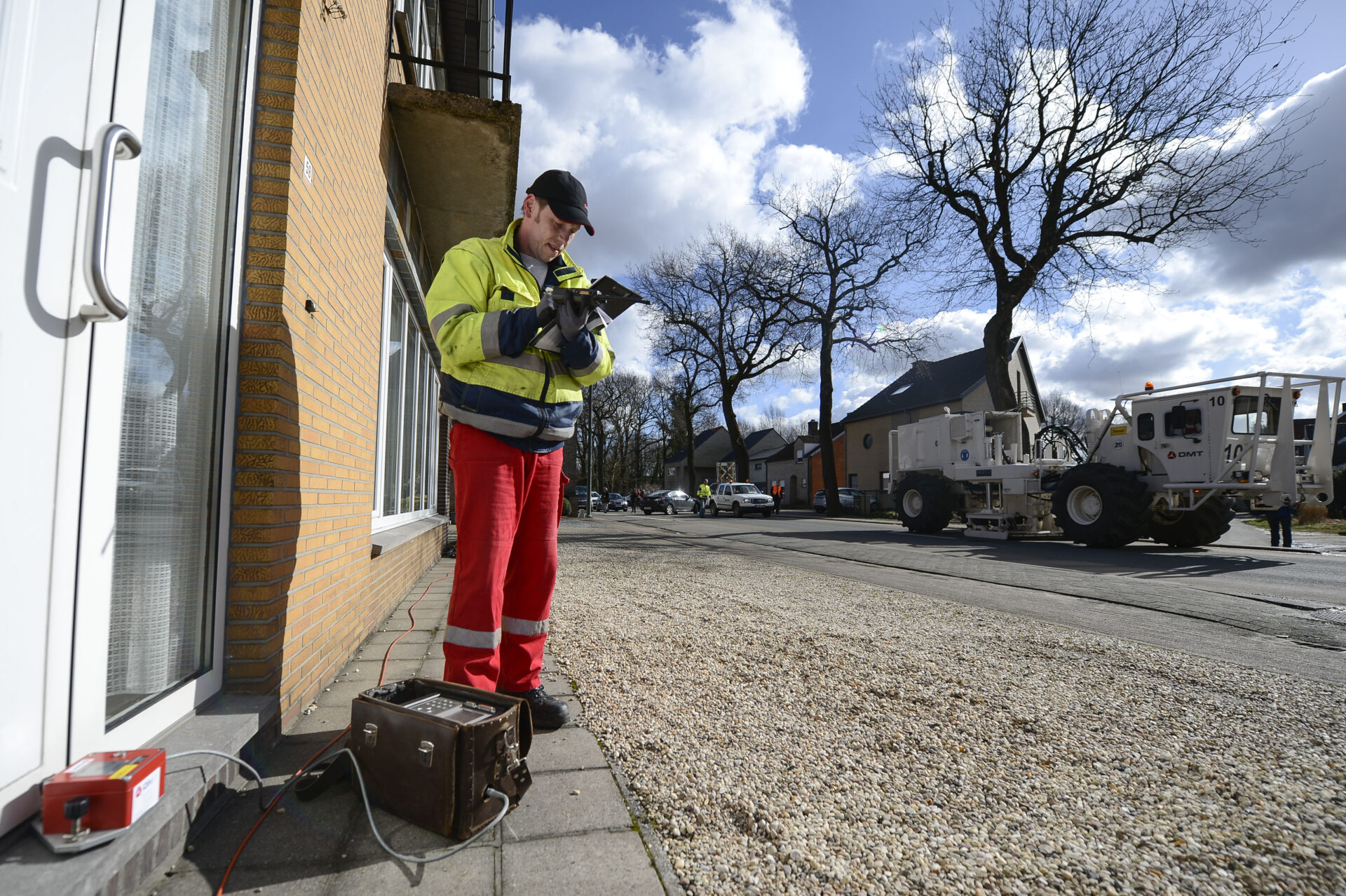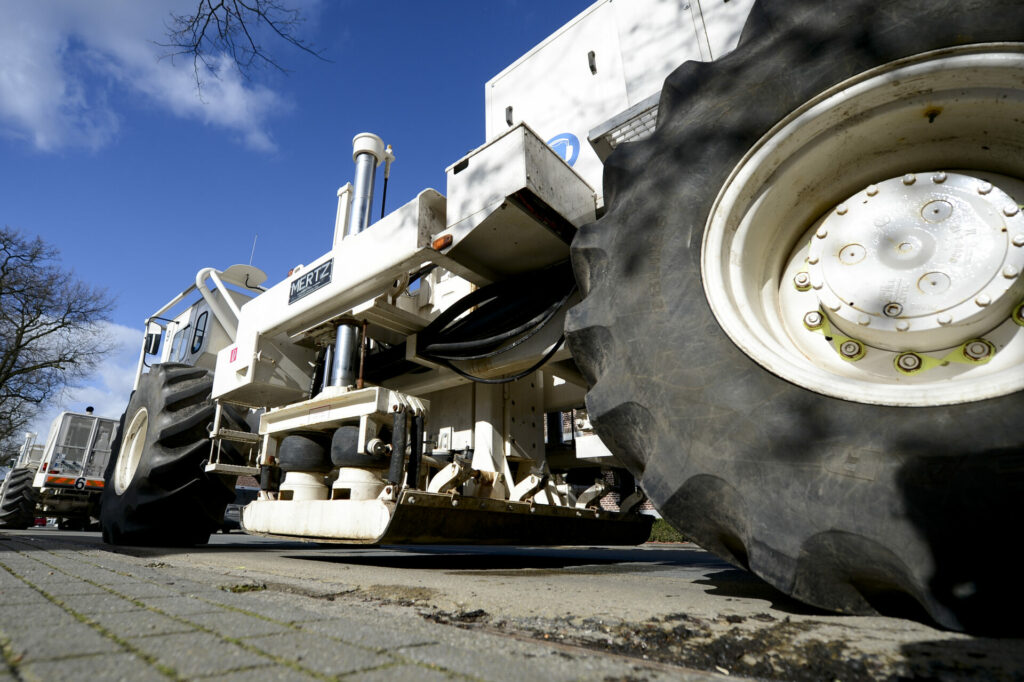While soaring gas and electricity prices show us the need for European energy sovereignty and diversifying sources of supply, deep geothermal energy is being potentially expanded in Wallonia, and it may emerge as a key solution to the current context.
Geothermal energy refers both to the exploitation of heat from the subsoil but also to a whole series of exploitations that can range from shallow geothermal energy to deep geothermal energy. The most interesting possibility for researchers is the generation of geothermal energy at greater depths of the order of two to five kilometres.
The deeper exploration goes through the earth's crust, the more the heat increases in the order of 25 °C to 30 °C per kilometre, potentially generating heat of a hundred degrees at three or four kilometres deep. The huge advantage of this geothermal energy is that it is available 24 hours a day.
Furthermore, it is an energy source that is less polluting than fossil fuels and not intermittent like solar and wind energy.
Related News
- COP27: Belgium and Egypt launch global forum on renewable hydrogen
- European Parliament votes overwhelmingly to pass green 'REPowerEU' legislation
- High emissions throw construction sector off-track for decarbonisation
Although barely three sites are currently in operation in the Province of Hainaut, the Walloon Region would nevertheless have immense development potential. Particularly in the Province of Namur, a vast campaign will be conducted in December to identify any possibilities for development by detecting presences of a “geothermal reservoir”.
“When we talk about a ‘reservoir’, they are simply rocks saturated with water, so it is not an underground lake,” Estelle Petitclerc, a geologist at the Geological Survey of Belgium and project manager with DGE-ROLLOUT, the European cross-border cooperation project largely funded by Wallonia, told RTBF.

Credit: Dirk Waem/Belga.
“It is indeed layers of rocks that allow the extraction of this water on the surface where we will recover the energy, then we will reinject this water into this same ‘reservoir’. This is also the reason why geothermal energy is sustainable since when we come to pump the water, the heat is exchanged on the surface and re-injected.”
The project will focus on the Province of Namur in particular due to the known geophysical make-up of its ground, which could provide the ideal conditions for the geothermic activity, according to Estelle Petitclerc.
“We are already lucky to have three geothermal wells in Hainaut, so we have confirmation that the reservoir that allows the exploitation of this heat exists in Mons, but we would like to know its extension further east,” she said.
“So that's what this campaign will be for: to understand where this reservoir is located, how deep and what is its thickness further east of Mons. We are hopeful of finding the same Dinantian limestones, which is to say this very particular reservoir, but on the other hand, we do not have certainty about the depth at which we will find it and its thickness, which would also allow intensive exploitation of geothermal energy in the future.”
Petitclerc is convinced that there is untapped potential in Wallonia. “We do think that geothermal energy could have a much more important role to play in Wallonia, especially deep geothermal energy,” she added.

Credit: Dirk Waem/Belga.
"It is estimated that there are significant resources. But here, we are really working upstream, so we are here to determine the presence of this reservoir on a regional scale, we are not yet at the stage of geothermal projects. These are the preliminary steps to be able to possibly consider the development of deep geothermal energy in the future."
The geologist was quick to allay any fears that geothermal energy projects such as the one starting next month could be disruptive to the environment. “The nuisance is almost zero,” she said.
“In any case, we plan to control and anticipate all the levels of vibration that we will produce. It is a technology that has been widely used since the 1950s by oil companies but also much more recently for the search for geothermal reservoirs, it had also been carried out in Mons in 2019 and in Kempen in the last ten years, so we are used to managing this kind of campaign.”

